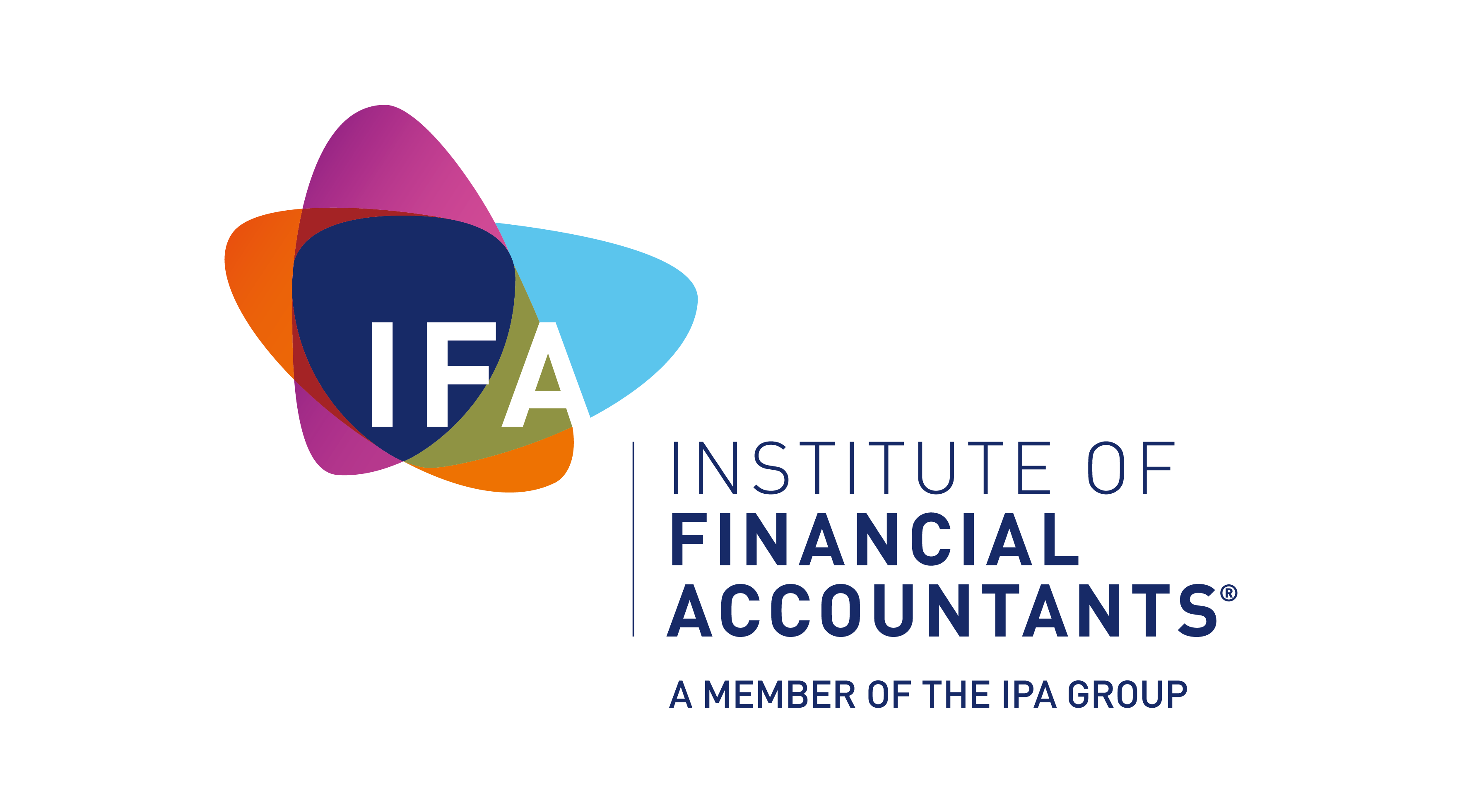July 2022 | IFA Bye-Law And Regulation Changes: What You Should Know
The IFA’s Bye-laws and Regulations changed with effect from 1 July 2022, and all Institute members, students, affiliates and firms are expected to be aware of how the changes impact them. The introduction of the new membership category of ‘Intermediate Financial Accountant’ has, of course, required changes to the Bye-laws and the Membership Regulations. It has also been necessary to clarify, in the Public Practice Regulations, that an Intermediate member is not eligible to hold a practicing certificate. In addition, the Institute has carried out a wider review of the Bye-laws and Regulations, and the following changes have been approved by the IFA Board.
Bye-laws
Decisions in relation to admission to membership of the Institute are, as always, made by the Board, although most such decisions are delegated by the Board to the Chief Executive Officer. This includes decisions regarding an applicant’s fitness and propriety. However, only existing members and students will have the right to require that a question of fitness and propriety be referred to the Disciplinary Committee. Note that the involvement of the IFA Board at this stage – where removal from the member or student register is a possibility - would not be appropriate. Instead, the independence of the Disciplinary Committee is required.
The requirements to be recognised as a fellow member of the Institute have been simplified and aligned with the requirements of the IPA Group. There now exists a simple requirement of having seven years of continuous Associate membership of the Institute. The experience requirement has been removed, as the member’s obligation to have complied with the Institute’s CPD requirements is now emphasised in the Bye-laws.
Public Practice Regulations
Amendments to regulation 4.6 seek to clarify the principle that honorary work for a small not-for-profit organisation is reasonable where it is for the benefit of the organisation and its beneficiaries (rather than meeting the interests of a member or student who does not hold a practising certificate). There may be occasions when a member or student has some doubt about whether they are, in fact, performing honorary work. Therefore, a requirement has been added that they must consult the Institute at the earliest opportunity if they are in any doubt, to avoid straying into public practice.
In the interests of independent decision-making, where an Associate or Fellow member applying for a practising certificate has had their application refused by the Institute, they may request that their application be referred to a Conduct Committee chair. Previously, the right of referral was to the IFA Board.
Disciplinary Regulations
The recent recruitment of a new cohort of Conduct Committee members has led to the updating of the Disciplinary Regulations in several respects. The explicit requirement for certain Conduct Committee chairs to be legally qualified has been removed. However, the disciplinary process has been enhanced by the requirement for a legal assessor to be present at every disciplinary and appeal hearing.
A further enhancement is a more nuanced set of orders being available to the Conduct Committees. A severe reprimand has been introduced, which may be issued alone or alongside a fine and/or a regulatory order. This allows the Conduct Committee to send a clear message regarding the perceived seriousness of the respondent’s misconduct. The option of a caution as an order has been removed, as some would regard a caution as tantamount to resting a matter on file.
In addition, a Conduct Committee may now order a practice to receive a follow-up monitoring review, which may better protect the public than a financial penalty alone. Rather than impose additional regulatory costs on the Institute and its membership as a result of such an order, the Committee may order that the follow-up review is performed at the respondent firm’s expense.
Enhancements to the disciplinary process are also achieved through greater efficiency and proportionality. Therefore, in future, it will be possible for a Case Manager to refer a matter directly to the Disciplinary Committee where it is in the public interest to do so, rather than take the matter through the Regulatory Committee or Investigations Committee. This will usually save time and costs, and so better protect the public.
According to the Bye-laws, a member or student may not resign as a member or student during the course of the disciplinary process. With this in mind, Disciplinary Regulations 20.15 and 20.16 have been amended to clarify that the Institute also retains jurisdiction over any individual or firm in respect of conduct that occurred while they were an Institute member, student, affiliate, member firm or contracted firm.
